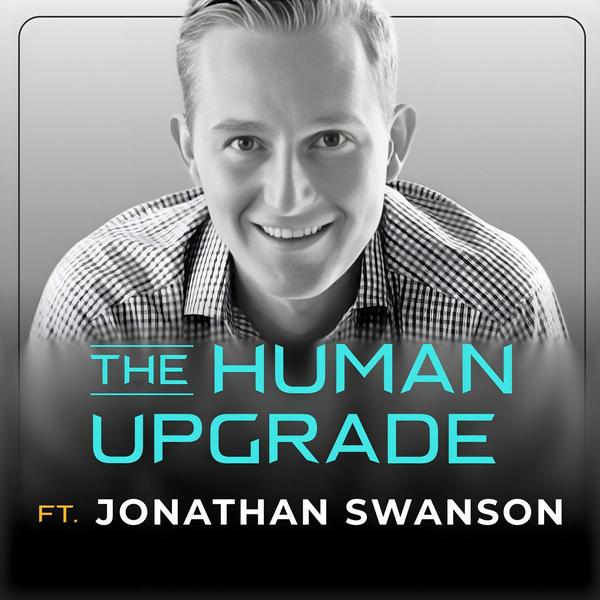Roadway death and injury: why everyone should care and what you can do to reduce risk | Mark Rosekind, Ph.D.
Peter Attia
Mar 25, 2024
Mindsip insights from this episode:
Adopt defensive driving mindset to enhance road safety
A powerful mental model for defensive driving is to imagine that one person on the road today has the specific mission of killing you with their car.
Address pedestrian safety to combat rising death toll
In the last decade, pedestrian deaths have increased by 50%, with current estimates at around 7,500 deaths per year.
Prioritize human error over weather in crash prevention
Environmental factors like weather and road conditions are the final event in only about 2% of crashes, compared to 94% for human error.
Address impaired driving to reduce traffic fatalities
For the last 20 years, impaired driving has consistently accounted for about 30% of all traffic fatalities, indicating a lack of progress in this area.
Implement technology in new cars to detect drunk driving
Congress has passed a law requiring new cars to be equipped with technology that can detect if a driver is at or above the 0.08 alcohol level.
Avoid hands-free calls to maintain safe driving performance
Talking on a hands-free phone can degrade your driving performance to a level equivalent to having a 0.08 blood alcohol concentration.
Recognize human choice as primary factor in 94% of crashes
An NHTSA study found that the last event before a crash is a human choice or error 94% of the time, challenging the idea of an inevitable "accident".
Create clinical videos to educate on fatal accidents
The speaker proposes creating a short, clinical video explaining the human story and causal factors of every fatal accident to better educate the public.
More from
Peter Attia
AMA #78: Longevity interventions, exercise, diagnostic screening, and managing high apoB, hypertension, metabolic health, and more
Ketogenic diet, ketosis & hyperbaric oxygen: metabolic therapies for weight loss, cognition, Alzheimer's & more | Dom D'Agostino, Ph.D.
The evolutionary biology of testosterone: how it shapes male development and sex-based behavioral differences, | Carole Hooven, Ph.D.
The impact of gratitude, serving others, embracing mortality, and living intentionally | Walter Green (#288 rebroadcast)
Thyroid function and hypothyroidism: why current diagnosis and treatment fall short for many, and how new approaches are transforming care | Antonio Bianco, M.D., Ph.D.
You also might be interested in
The One Thing Everyone Thinks They Can’t Afford… Until They Try It
I’m Scared for Our Country
What Happens When You Live Inside a Quantum Field? (Anti-Aging Secrets)
Is There *Actually* Any Research On QUANTUM Fields Affecting Your Health? (You'll Be Blown Away By What You Learn!) With Ian Mitchell & Philipp von Holtzendorff-Fehling
Should YOU Carry A Gun & Knive To Protect Yourself? Self-Defense & Protection 101 With Navy SEAL Turned Preparedness Expert Bill Rapier.












